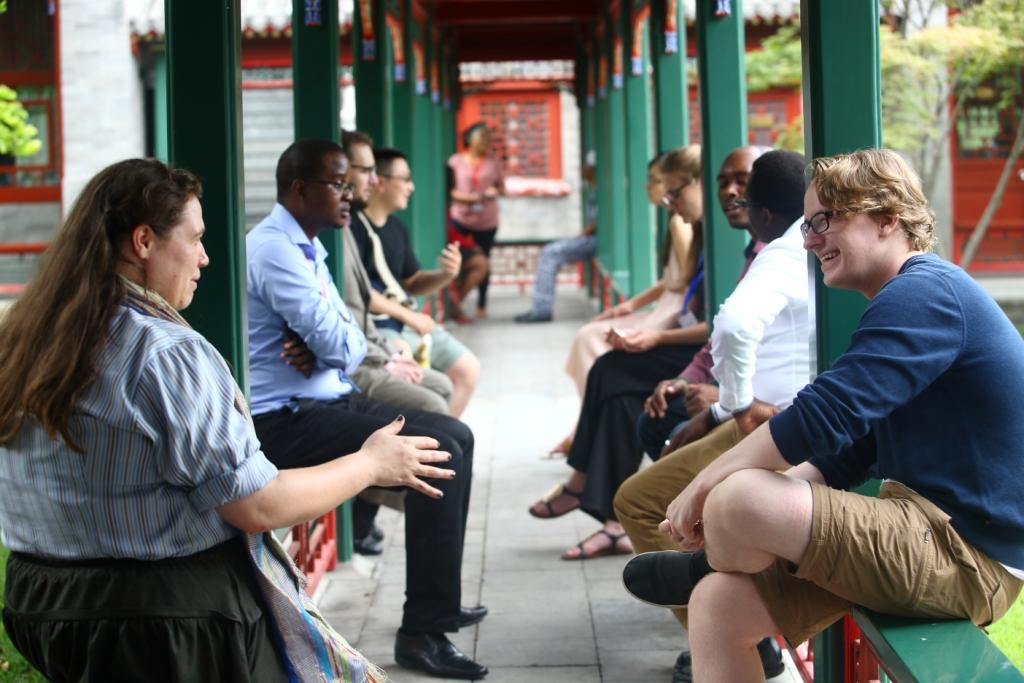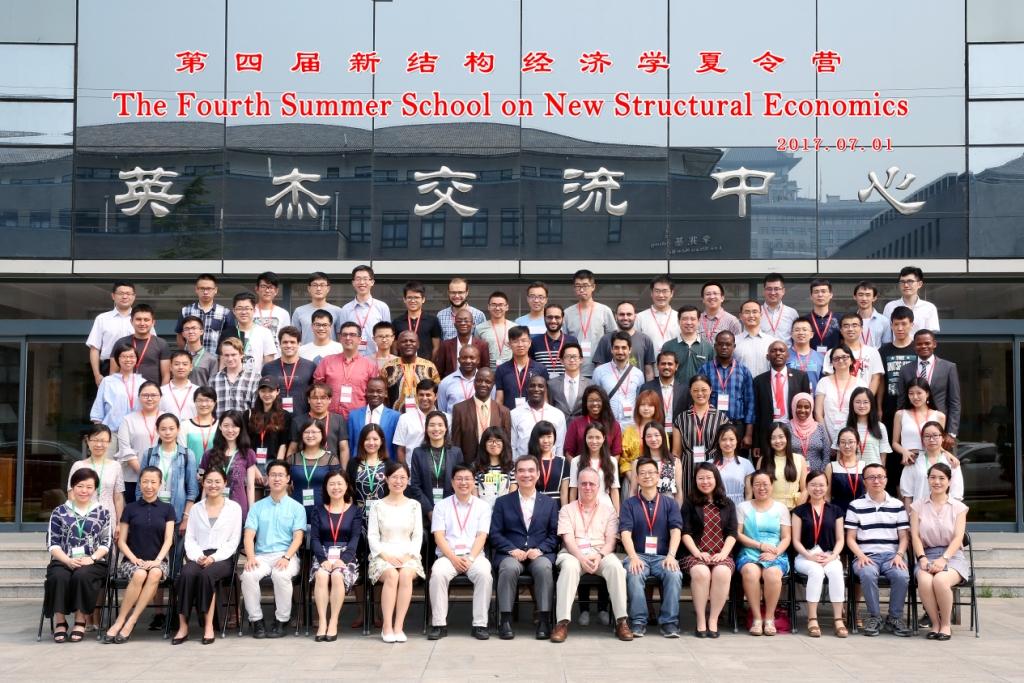英文首页﹀
The 4th New Structural Economics Summer School Closes with Success
2017-07-10
The 4th New Structural Economics Summer School Closes with Success
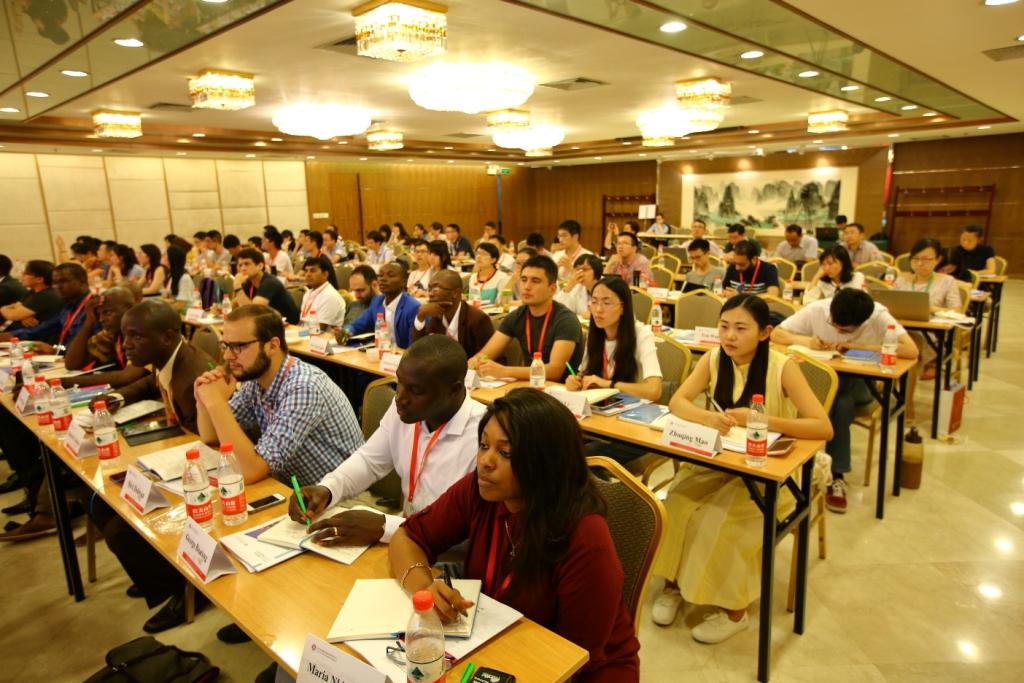
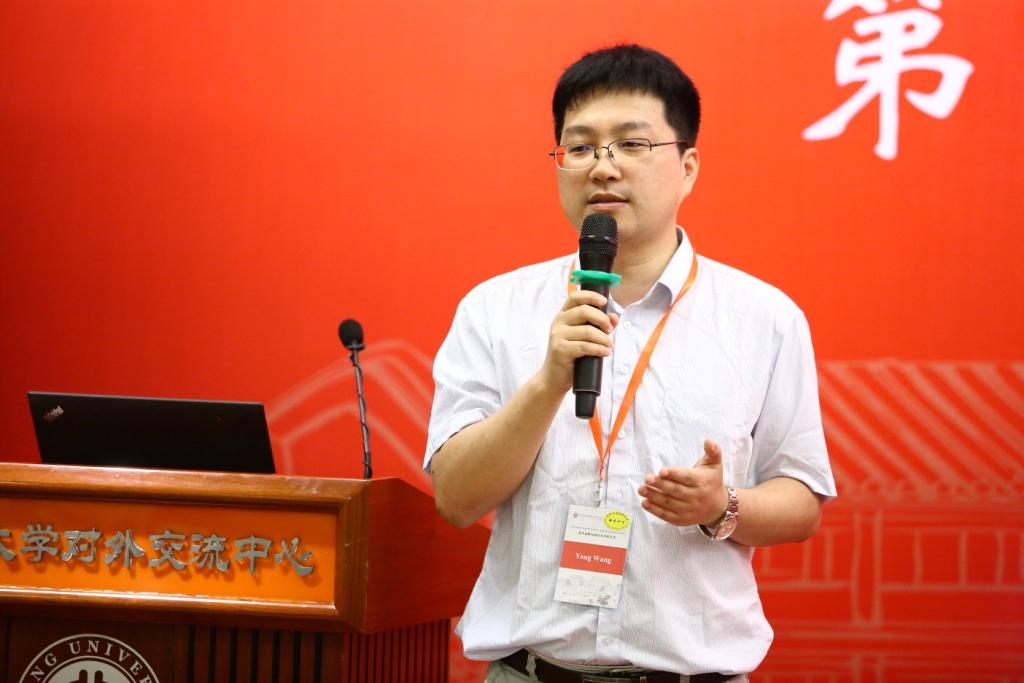
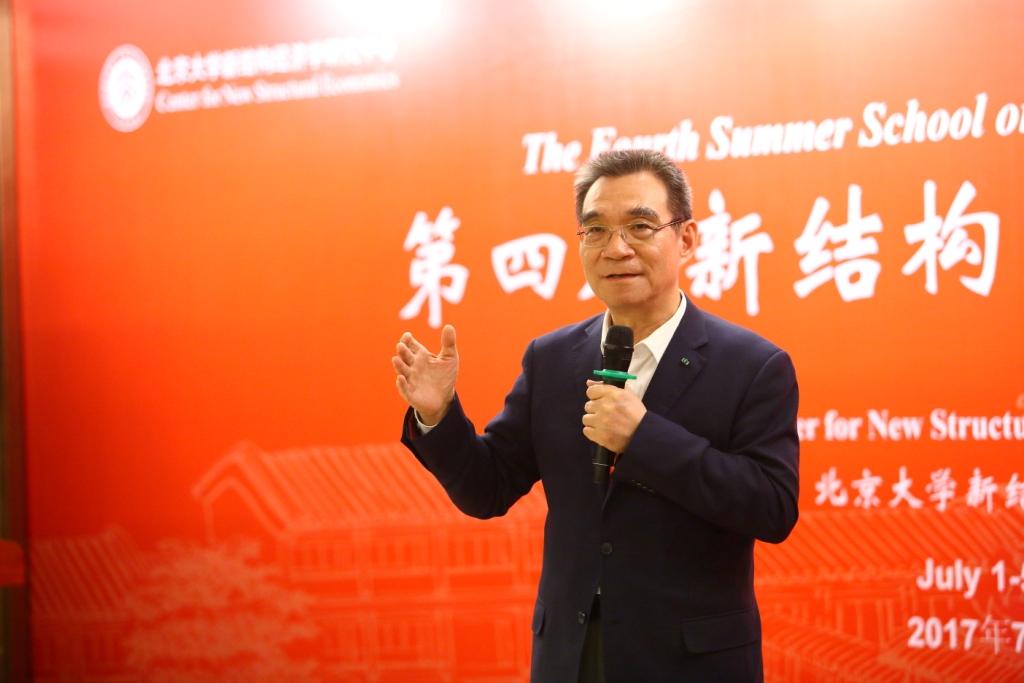
According to Lin, 80 percent of the world’s population live in developing countries, harboring the hope that their countries could get rid of poverty and progress into developed countries. This is exactly what New Structural Economics and the CNSE is dedicated to.
“New Structural Economics Summer School convenes young students and scholars with the same mission,” Lin remarked. “Let’s make concerted efforts to explore issues concerning economic growth and to help our countries, even the entire world, to achieve economic development.”
Keynote Lectures
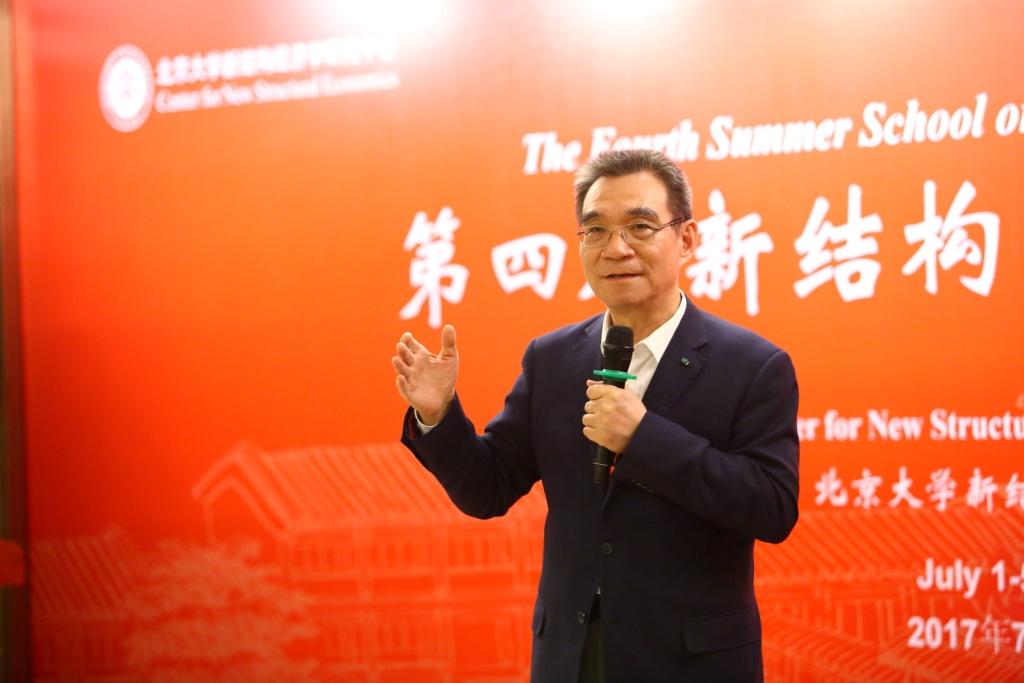
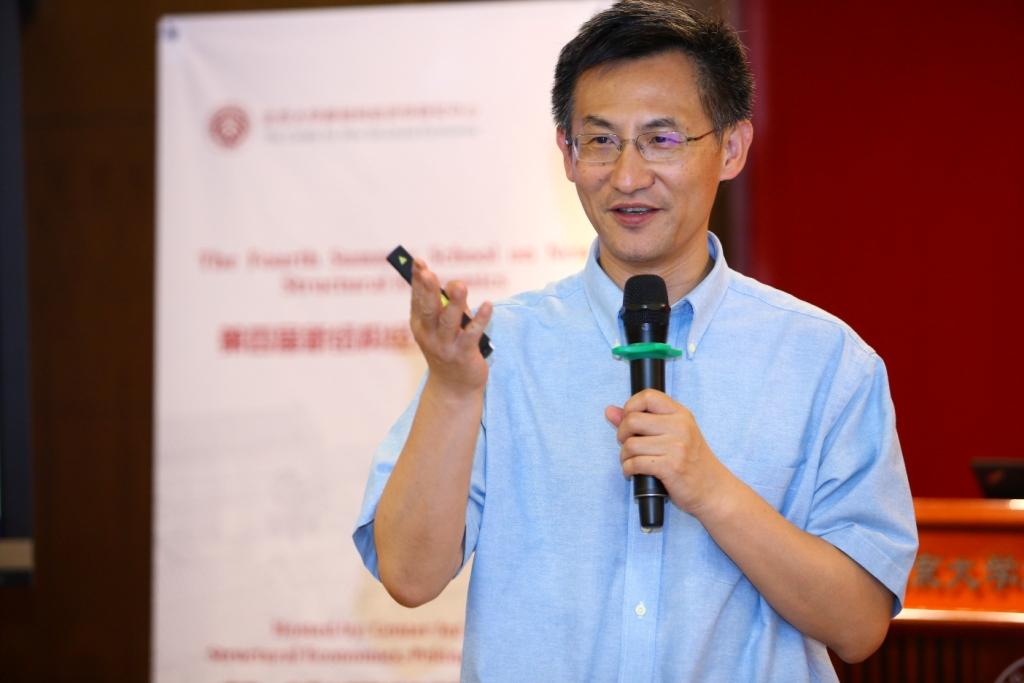
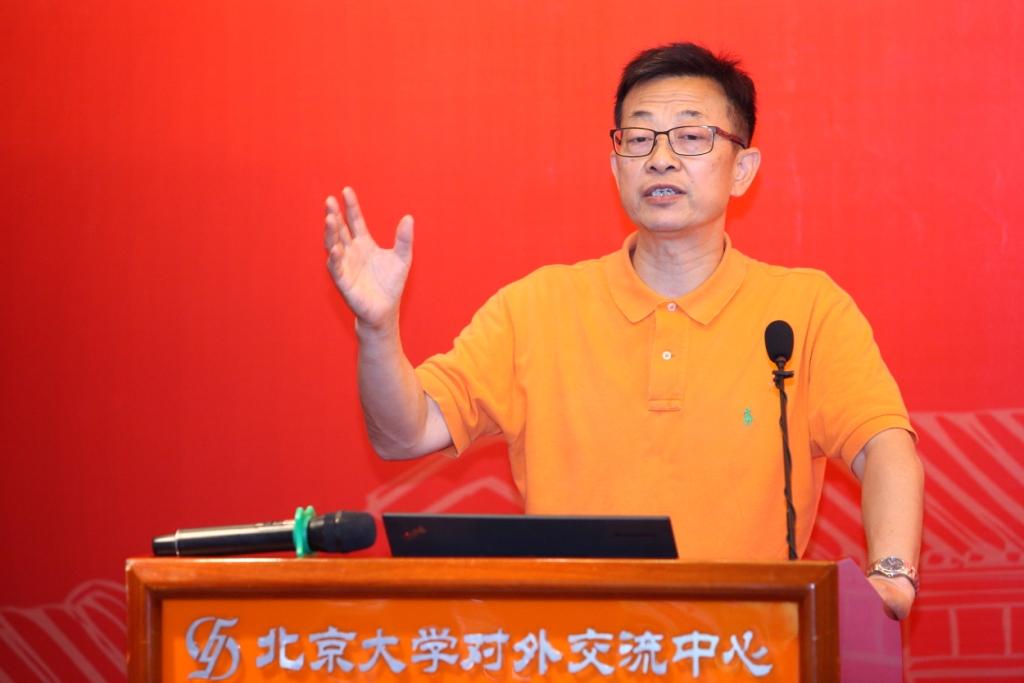
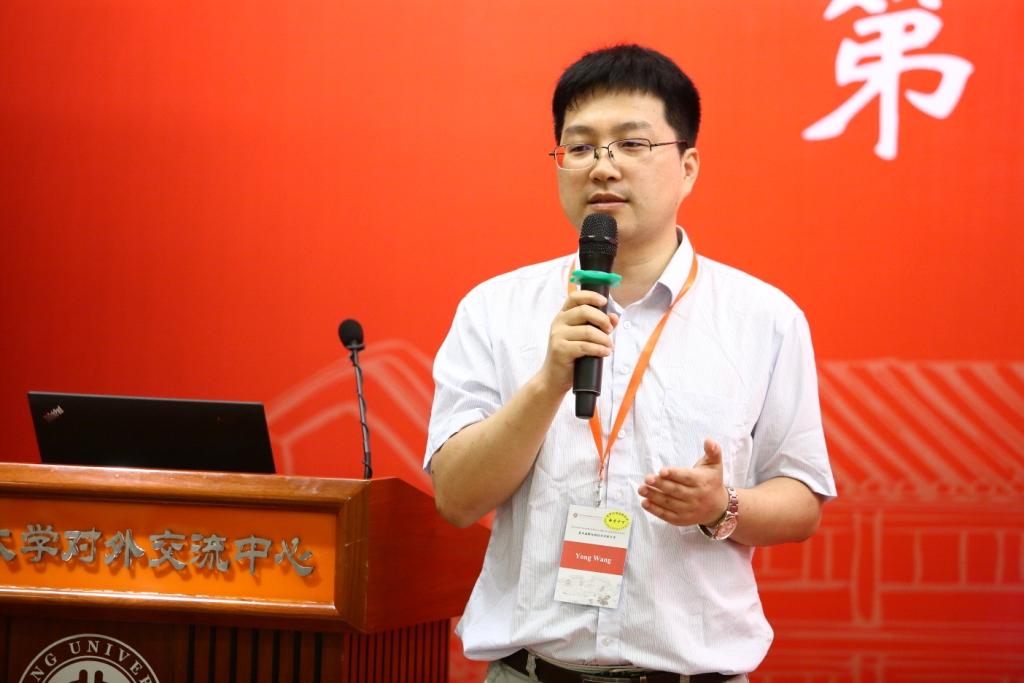
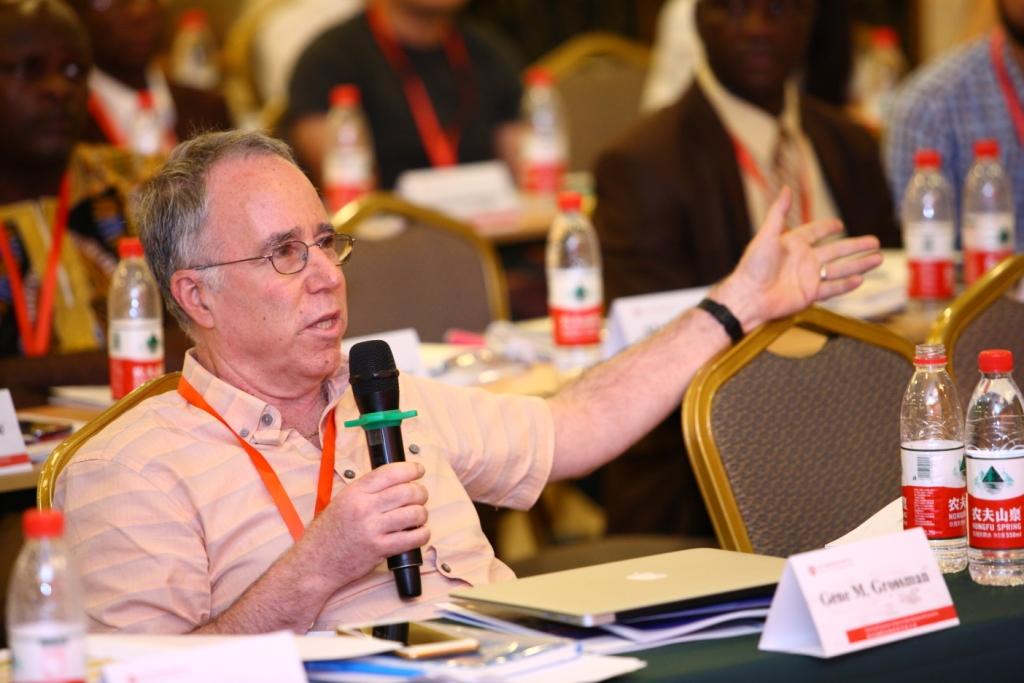
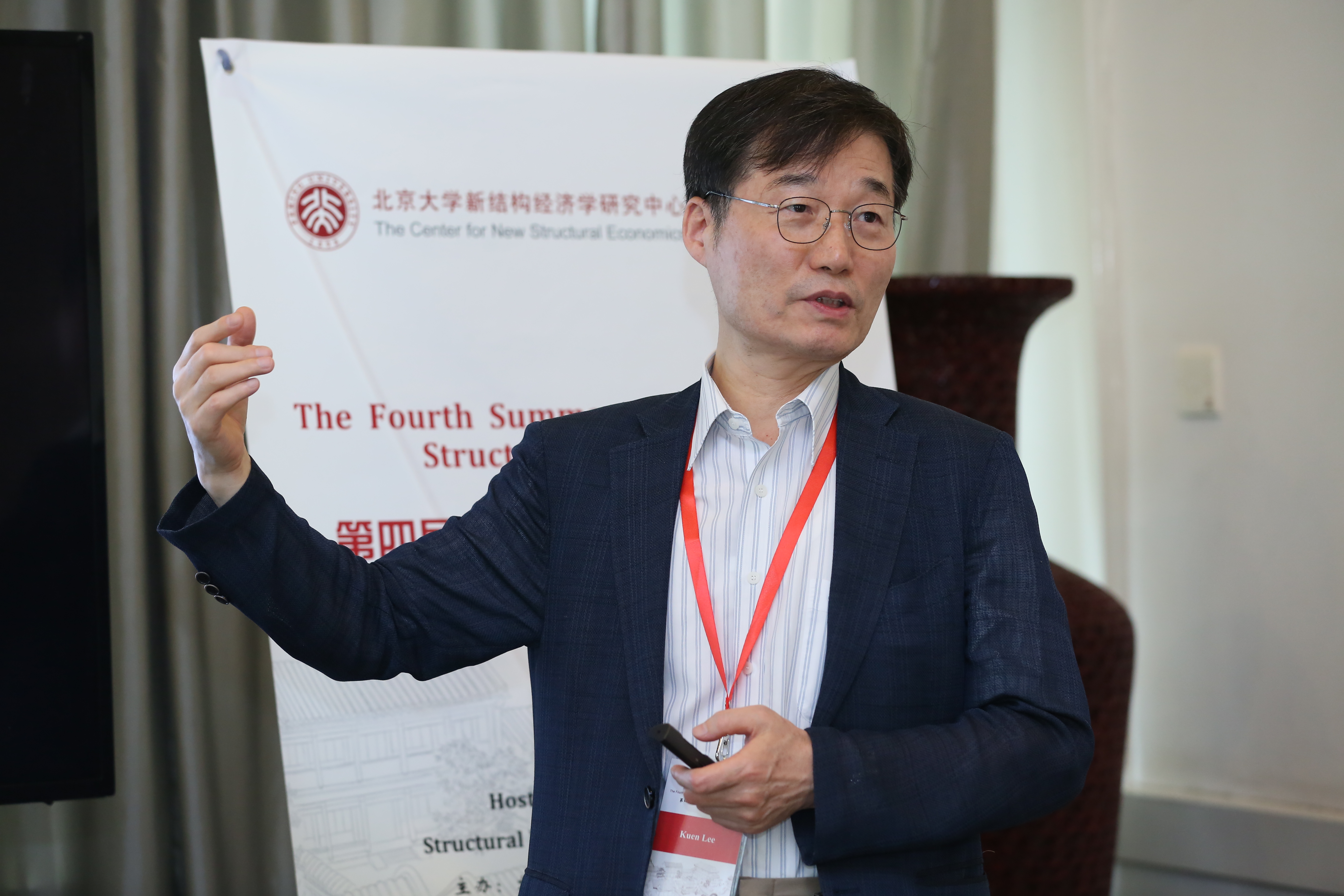
Prof. Justin Yifu Lin, Director of the CNSE and Honorary Dean of the National School of Development at Peking University; Prof. Jiandong Ju, Dean of the School of International Business at Shanghai University of Finance and Economics; Prof. Yi Wen, Visiting Professor of the School of Economics and Management at Tsinghua University; Prof. Yong Wang, Academic Deputy Director of the CNSE; Prof. Gene Grossman, Professor of the Department of Economics at Princeton University; Prof. Xiaobo Zhang, Deputy Dean of the National School of Development at Peking University; and Prof. Keun Lee, Professor of Economics at Seoul National University gave intensive keynote lectures on multi-faceted topics centering New Structural Economics, including the viability and new theoretical insights of New Structural Economics, dynamic structure analysis, the role of government in China’s long-awaited industrial revolution, endowment structures, industrial dynamics and economic growth, growth trade and inequality and economics of technological catch-up.
Sessions on Think Tank Practices
The CNSE conducts think tank research and consultancy, aiming at applying the theories, models and diagnostic tools of New Structural Economics to domestic and international development practices.
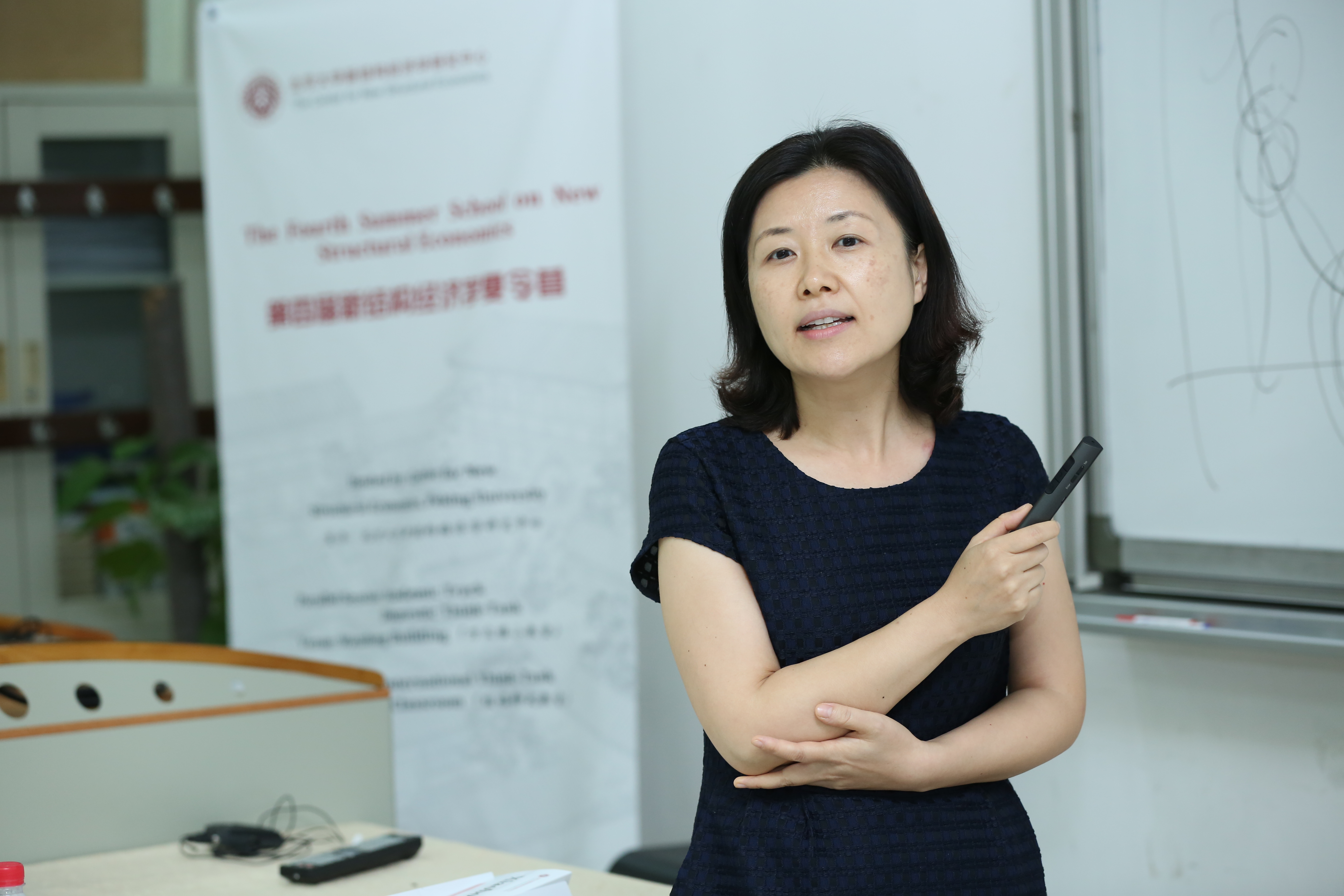
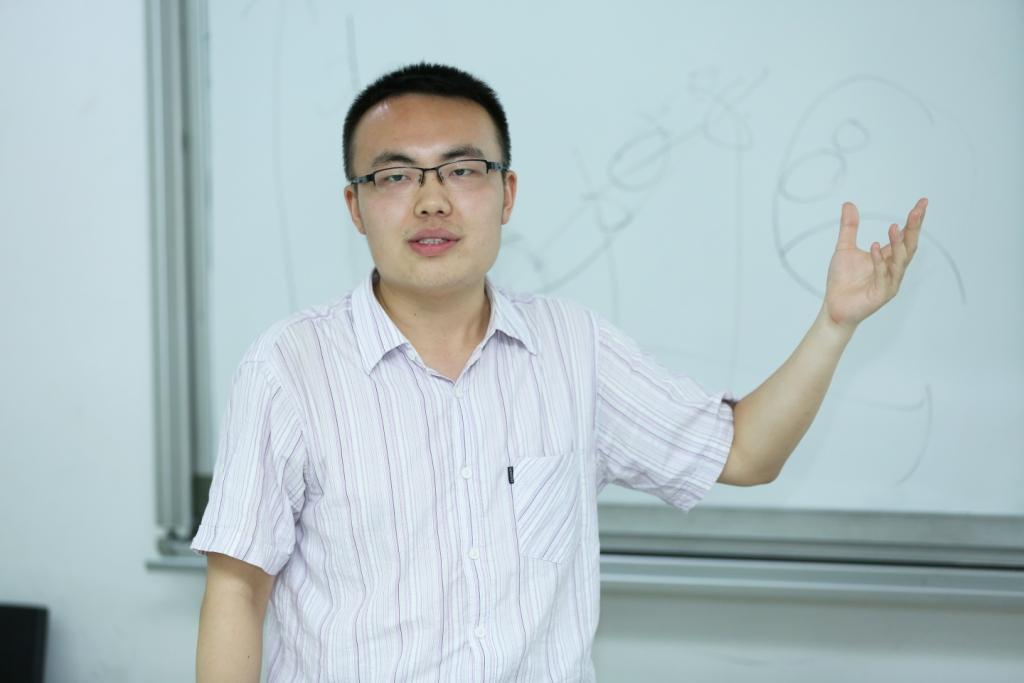
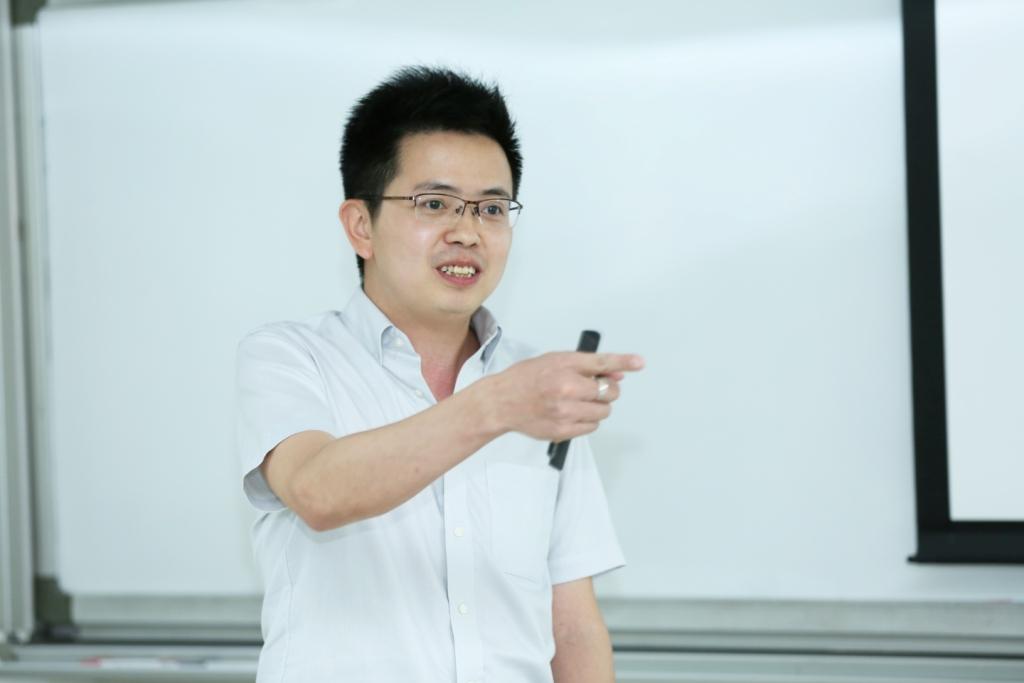
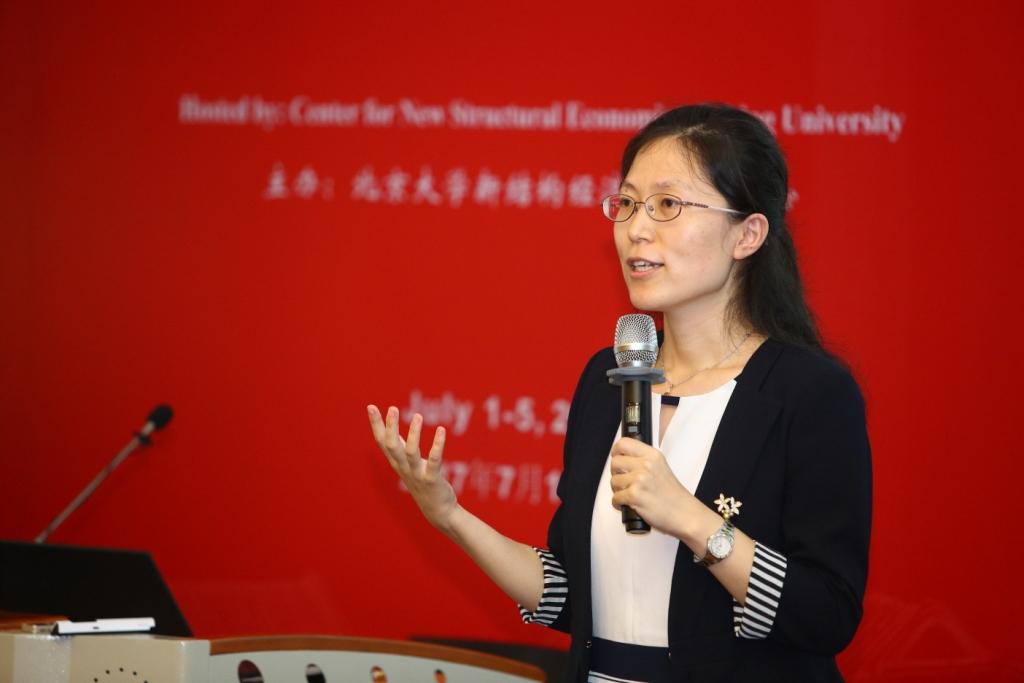
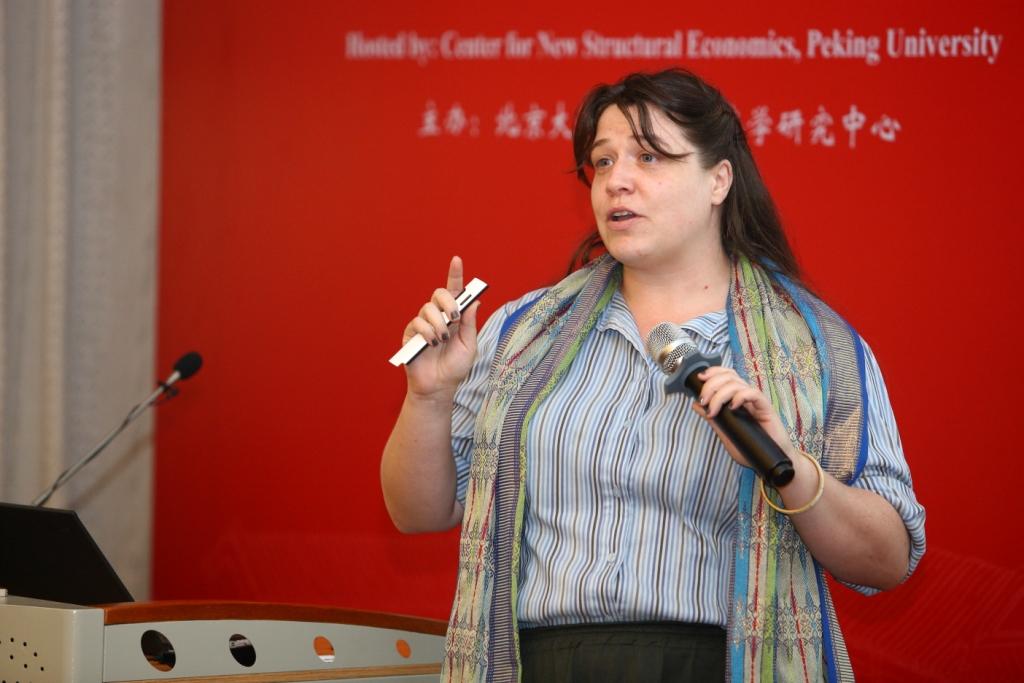

On July 3, Dr. Caihui Fu and Dr. Xi Chen, Research Fellows of the CNSE; and Jiewei Li, Project Research Specialist of the CNSE introduced the application of New Structural Economics in domestic industrial transformation and upgrading projects. Célestin Monga, Chief Economist and Vice Presdient of the African Development Bank; Jiajun Xu, Executive Deputy Director and Assistant Professor of CNSE; and Sarah Hager, Project Research Specialist of the CNSE introduced the theoretical innovation, progress and achievements of international projects, African projects in particular.
Field Trip to Hejian, Hebei Province
On July 4, Prof. Yong Wang, Academic Deputy Director of the CNSE; Dr. Caihui Fu and Dr. Xi Chen, Research Fellows of the CNSE led the delegation of participants to conduct a field trip in Hejian, Hebei Province.
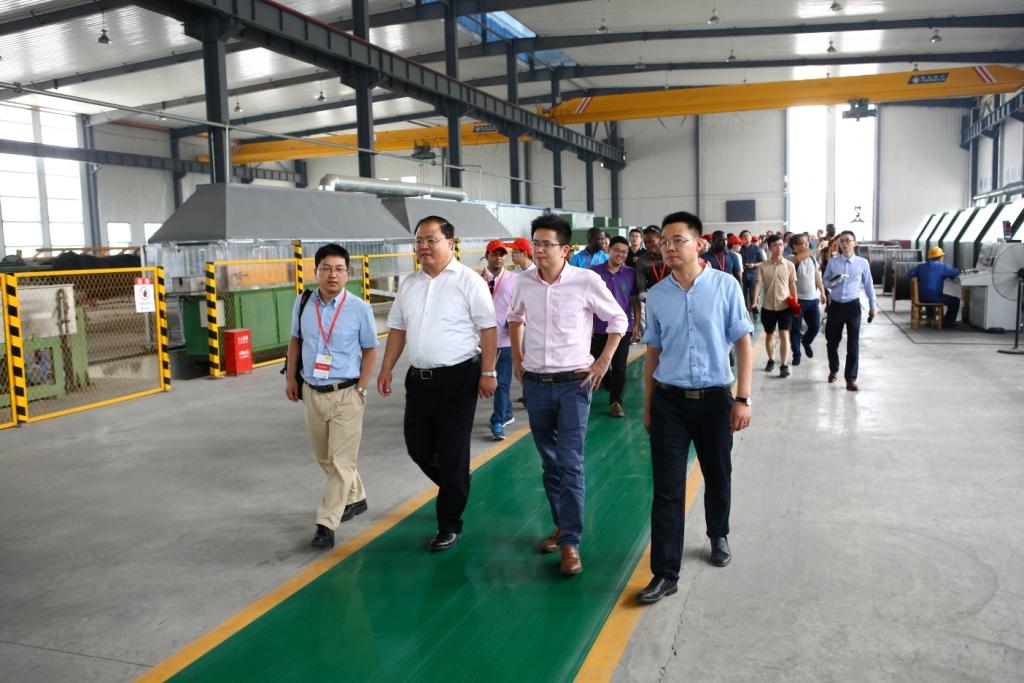
The CNSE and Hejian People’s Government reached a strategic partnership in 2015 to conduct researches on the local industrial transformation and upgrading and establish a policy research base. Under the guidance of New Structural Economics, Hejian has witnessed tremendous economic growth in the past year.
The delegation visited leading local enterprises with the company of Hejian Municipal Party Secretary Yin Weijiang and Mayor Wang Shaojie. Wang highlighted the significant role New Structural Economics played in the development of local industries.
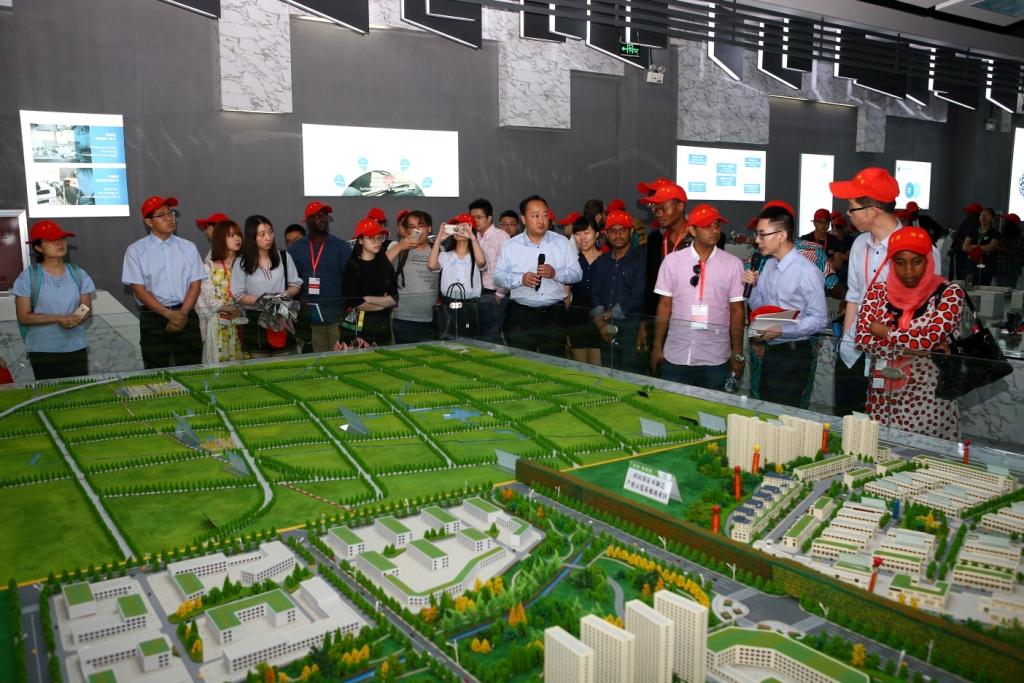
Workshop on China’s Foreign Aid in the Age of Global Value Chains
On July 5, the CNSE and the Research Institute for Global Value Chains at the University of International Business and Economics jointly organized the Workshop on China’s Foreign Aid in the Age of Global Value Chains.
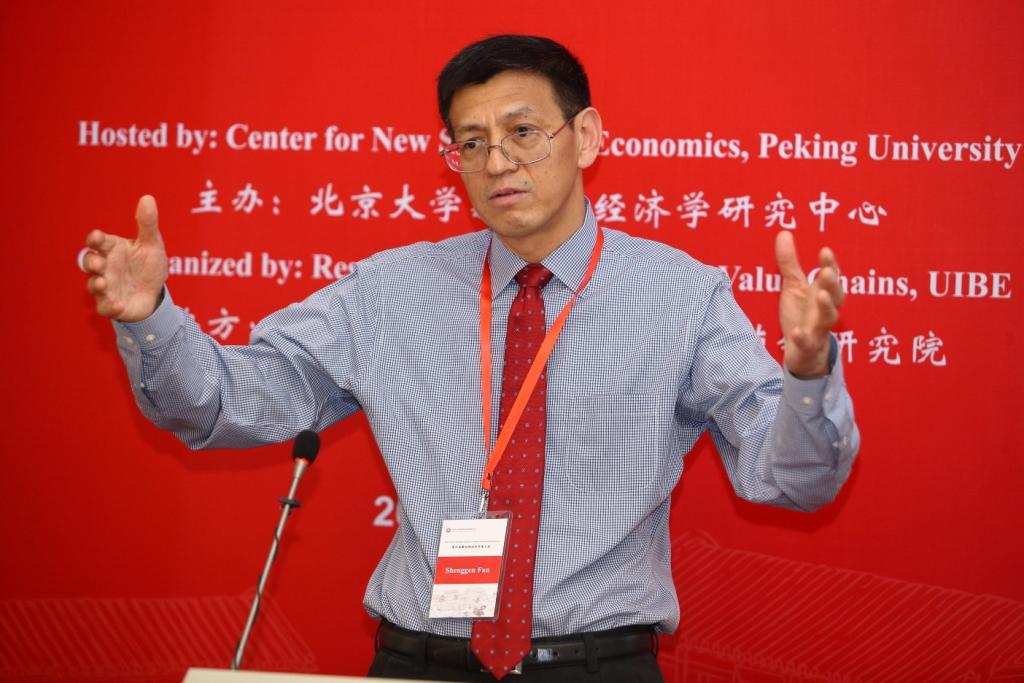
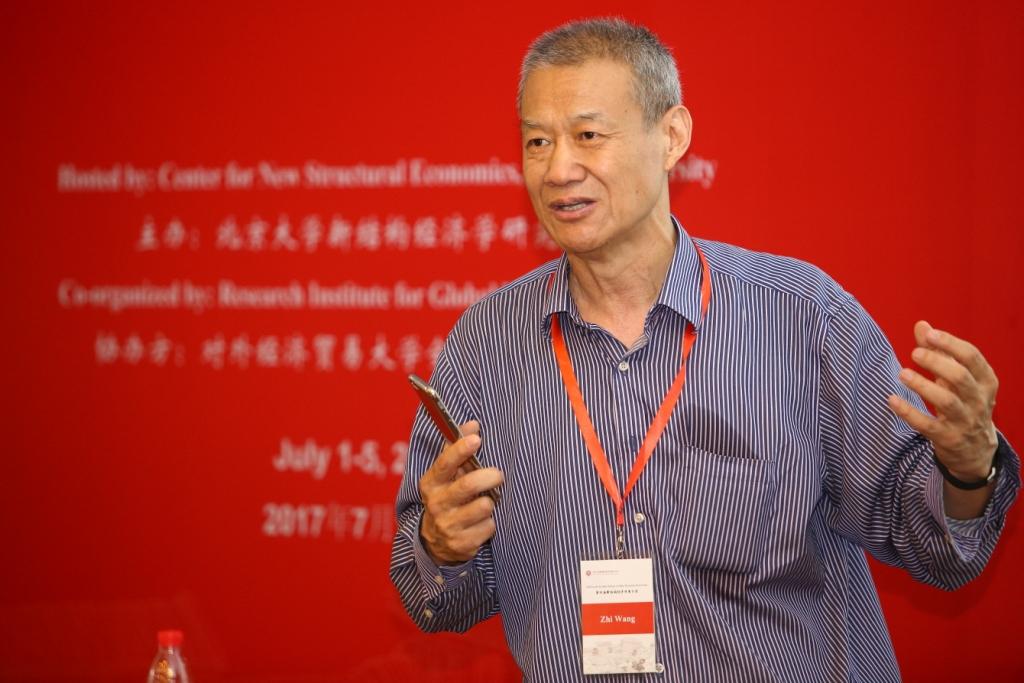
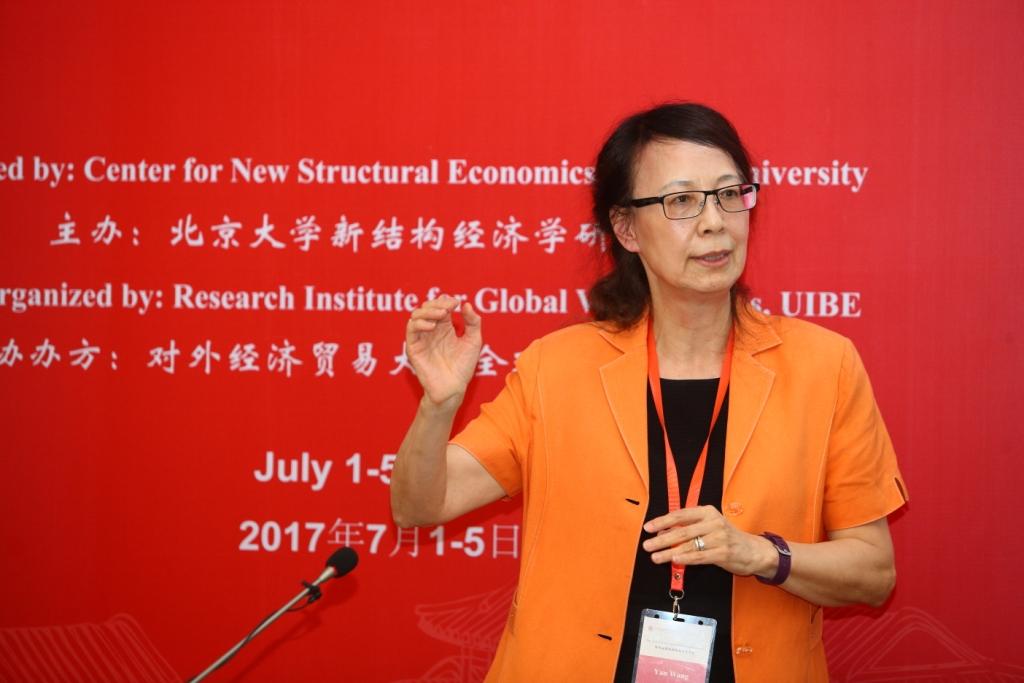
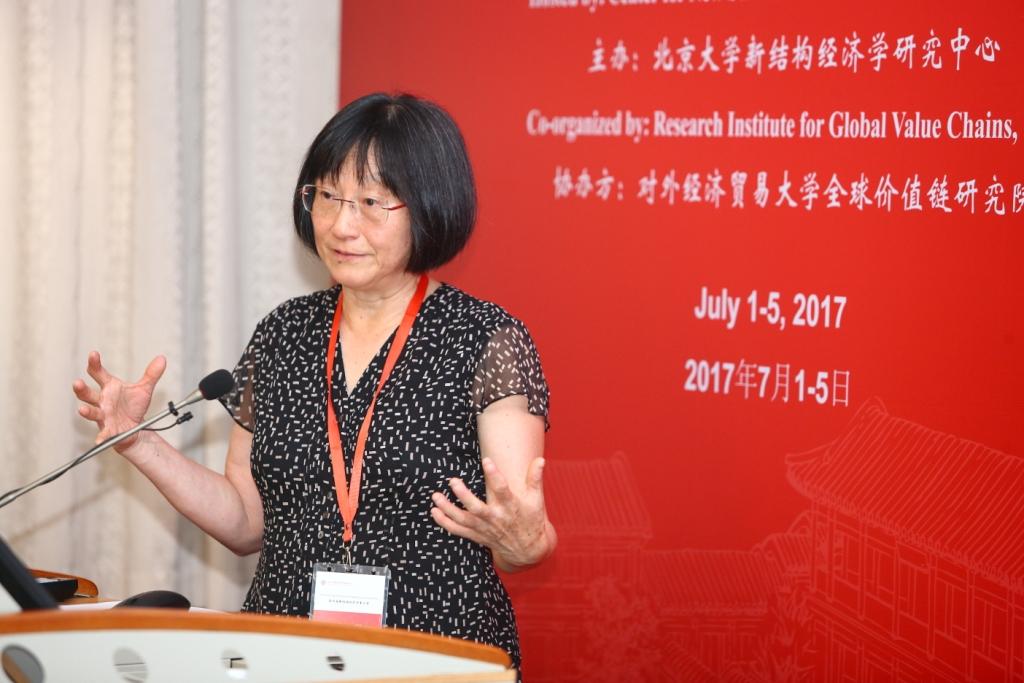
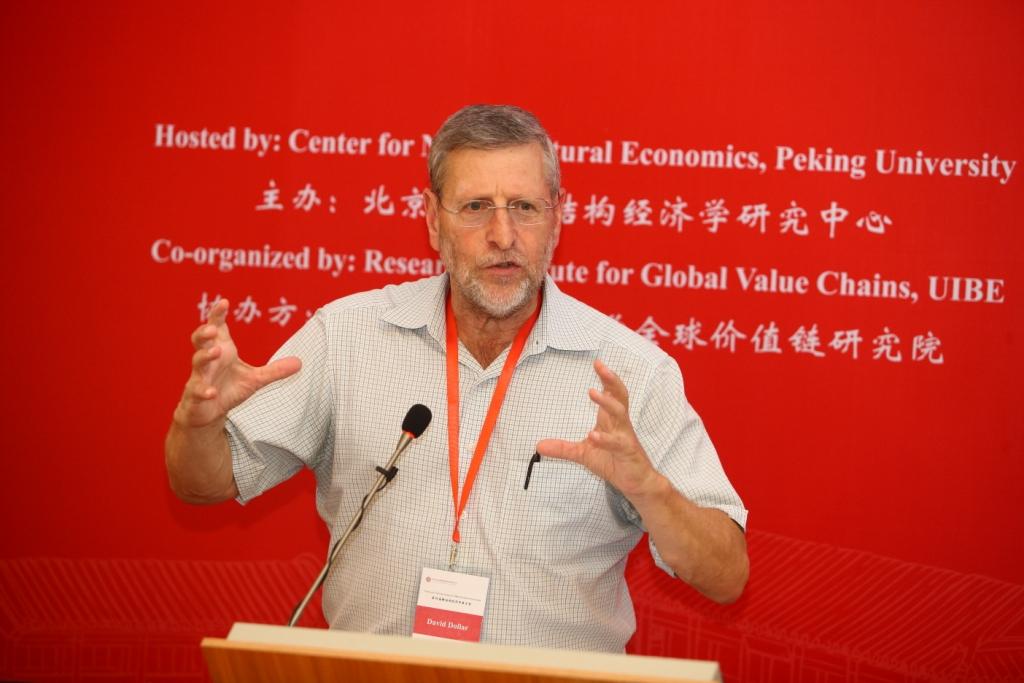

The workshop convened a galaxy of scholars—Célestin Monga, Chief Economist and Vice President of the African Development Bank; Shenggen Fan, Director General of the International Food Policy Research Institute; Zhi Wang, Director of the Research Institute for Global Value Chains at the University of International Business and Economics; David Dollar, Senior Fellow in the John Thornton China Center of the Brookings Institution; Xiaobo Zhang, Deputy Dean of the National School of Development at Peking University; Xiaofang Shen, Senior Visiting Fellow of the CNSE; and Yan Wang, Senior Visiting Fellow of the CNSE—presenting insights on various issues concerning China’s foreign aid and global value chains.
Funds’ Awardees’ Mid-Term Report
The CNSE provided multi-level funds to encourage graduate students and young scholars to carry out researches on New Structural Economics. Four awardees from last year—Xun Zhang from Peking University, Muyang Zhang from Shanghai University of Finance and Economics, Lu Li from Shanghai University of Finance and Economics, and Yilin Zhang from Southwestern University of Finance and Economics—presented their mid-term reports. Candidates who are interested in applying for the funds, please click “HERE” for more details.
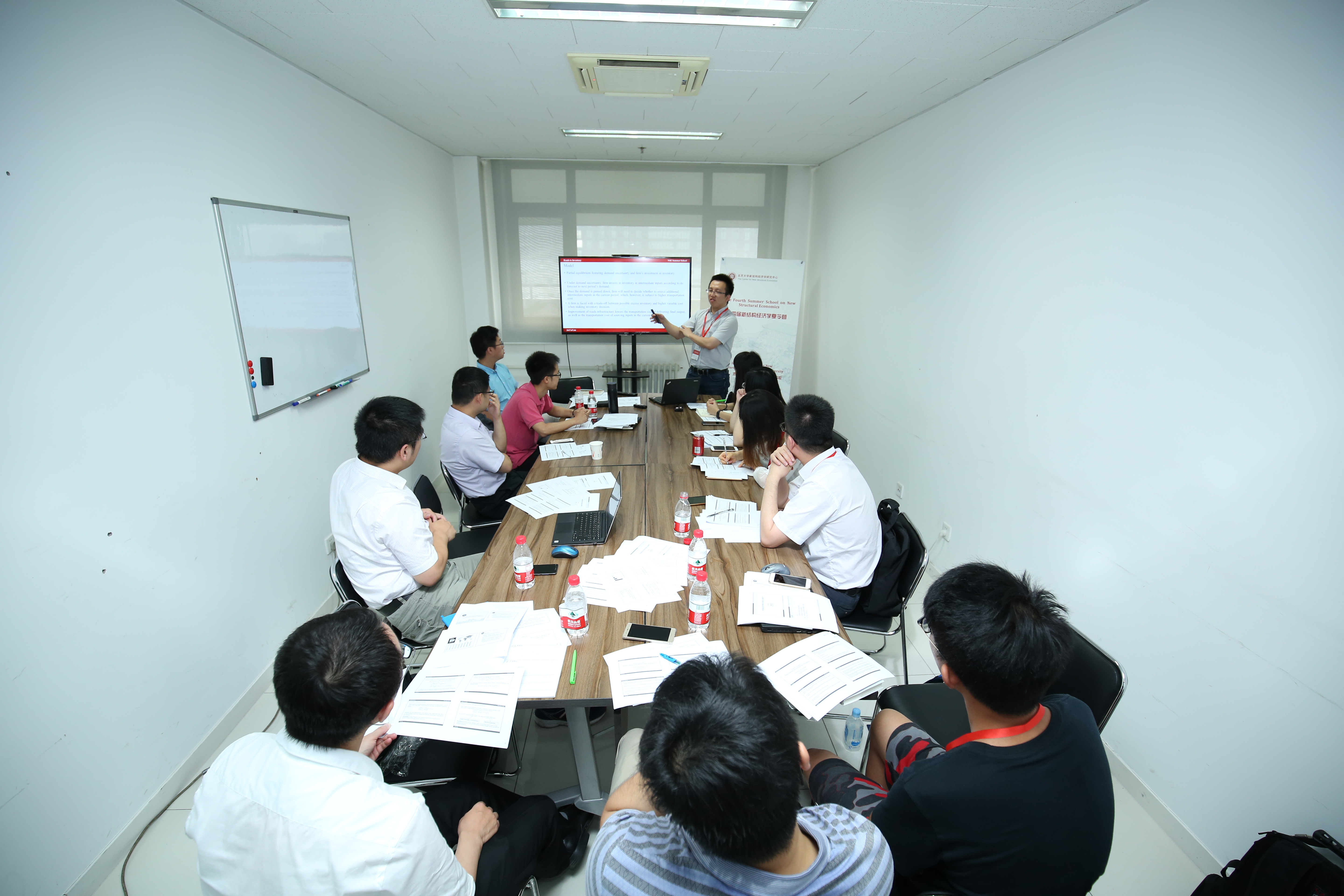
At the closing ceremony, Prof. Justin Yifu Lin awarded certificates to each participant, wishing them to utilize what they learned to make due contributions to the improvements of their countries and the world at large.
